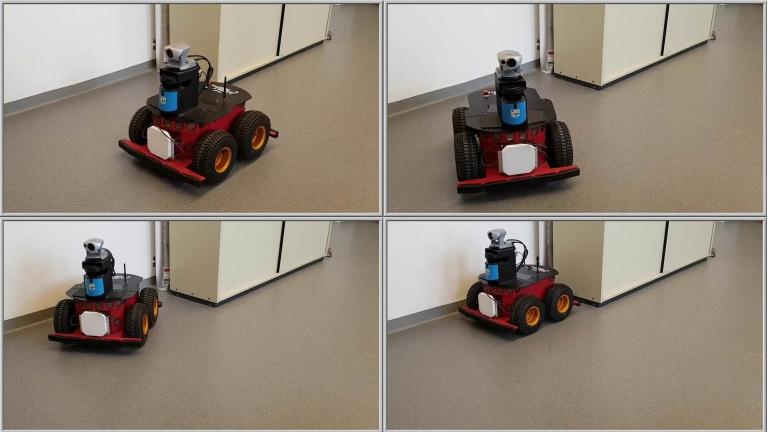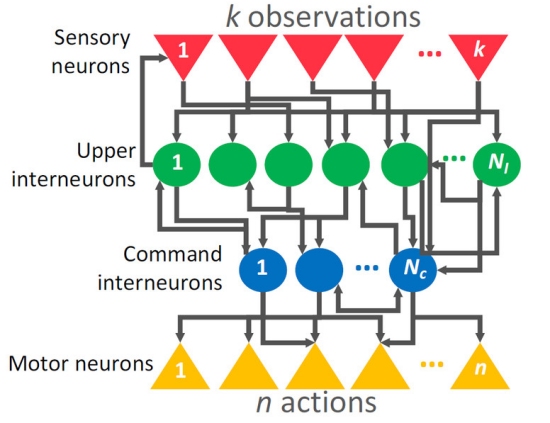TECH

Artificial intelligence parks car using 12 neurons
Worm brain to park car
Researchers at the University of Vienna in Austria and MIT in the US have created a new approach to programming the neural networks used in artificial intelligence systems using the time evolution of nerve signals in neurons in a completely different way.Mathias Lechner and his colleagues were inspired by a particularly simple creature widely used by scientists in neuroscience research, the worm C. elegans. Neural circuits of the nervous system of the worm were simulated in computer, and then the model was adapted with algorithms of machine learning.In this way, it was possible to solve complex tasks with an extremely small number of simulated neurons - for example, to park a car.Although the worm-inspired network consists of only 12 neurons, it has been trained to direct a mobile robot to a particular location, making it parked following the same principles as a car beacon.Another advantage is that, because of its simplicity, the internal dynamics of the neural network can be reasonably understood - unlike the common artificial neural networks, which are often regarded as a useful inscrutable "black box" because they use millions of network nodes.

Recurrent neural network
The team created a new type of recurrent neural network (RNR), an architecture based on a biophysical model of neurons and synapses that allows time-varying dynamics."In a standard RNR model, there is a constant link between neuron one and neuron two, defining how strongly neuron activity one influences the activity of neuron 2. In our new RNR architecture, this link is a non-linear function of time."The output of the neural network, which in nature can control the movement of nematode worms, is used in our case to guide and accelerate a vehicle.We demonstrate theoretically and experimentally that our new neural networks can solve complex tasks in real life and in physical environments simulated, "explained researcher Ramin Hasani.Of course this does not mean that cars will be parked by artificial worms in the future, but it does show that artificial intelligence with a more cerebral architecture can be far more powerful than previously thought.
Source:Neuronal Circuit Policies
Mathias Lechner, Ramin M. Hasani, Radu Grosu

No comments:
Post a Comment